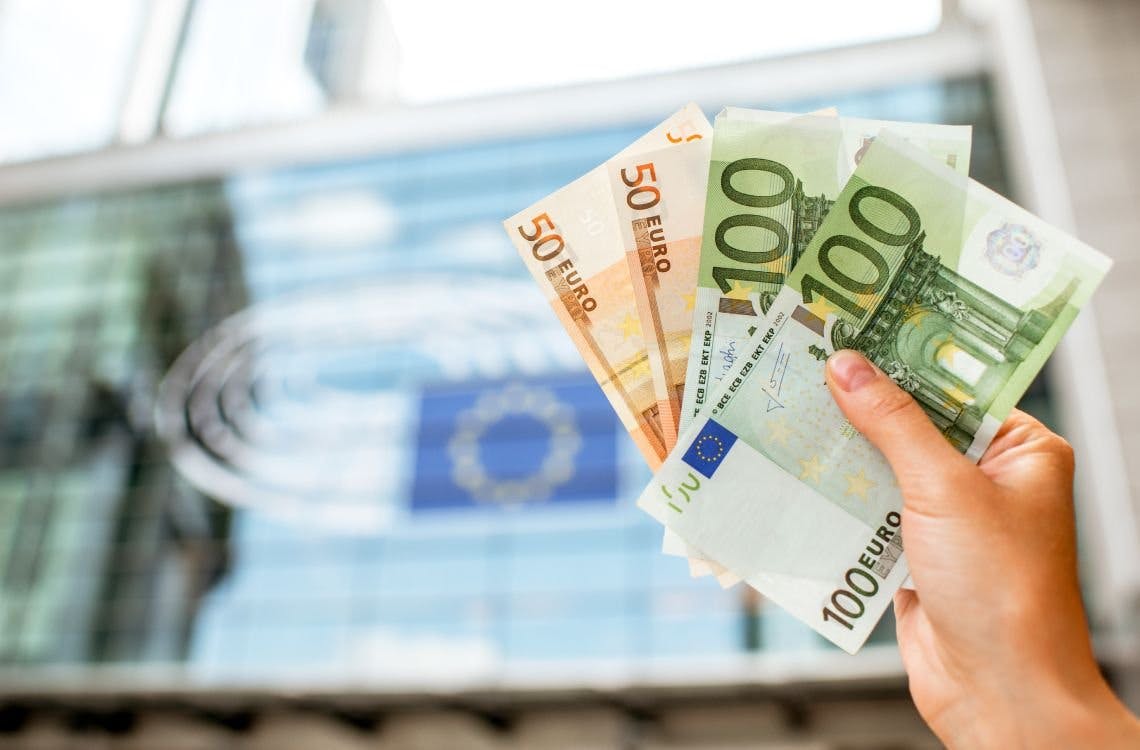
European Parliament to Vote on Cash Payment Limits
Next week on 28 March, the European Parliament will vote on legislation featuring a range of measures that would severely limit the use of cash, including an upper limit on cash transactions that could be as low €3,000. If passed, the legislation will restrict personal rights and financial autonomy across the EU.
The proposed regulation is intended to counter money laundering and the financing of terrorism. While Cash Matters fully supports the majority of proposed measures, studies indicate cash is not a key factor in the support or enabling of either crime.
In a 2017 study, Friedrich Schneider, Emeritus Professor of Economics at the Johannes-Kepler University of Linz, Austria, says that limiting or abolishing cash will not prevent terrorism, but will instead severely cap civil liberties. He emphasises that ‘cash is neither the motivation nor the reason for shadow economies, crime or terrorist attacks’.
Also in 2017, Dr. Ursula Dalinghaus, a postdoctoral scholar at the Institute for Money, Technology & Financial Inclusion, published a paper assessing the arguments around cash and crime. Her key takeaway was that there is little to no evidence supporting the claim that eliminating high-denomination banknotes or restricting cash payments will prevent terrorist attacks, and targeting cash ‘misidentifies the issue at hand’.
In a 2018 report in the Journal of Financial Crime, Nikos Passas, Professor of Criminology and Criminal Justice at Northeastern University, argues the idea that limiting cash payments would assist in the control of terrorism finance and money laundering is ‘ill-conceived, not grounded on firm empirical evidence and harmful to both crime control and legitimate interests and rights of the EU citizens’.
Adding to points made by Dalinghaus and Passas on the value of cash to countering crime, Philippe de Koster of the Belgian Financial Intelligence Unit points out cash can in fact help law enforcement identify and halt illegal activity, since its movement is often the only surface point of otherwise hidden, illicit acts.
Cash is the most-used payment method in the EU, with a 2022 European Central Bank study showing, at point of sale in the euro area, 59 percent of transactions are cash-based. It is the only payment option that operates in isolation from banks and companies, who impose requirements on the use of cashless options that many people cannot or do not want to meet. Not only does it support payment choice for all, it empowers those without bank accounts, and those who cannot or will not use cashless options, to participate freely in the economy, buying or selling goods and services.
Cash Matters believes any restrictions placed on the use of any payment option should be proportionate, necessary, and based on empirical evidence that such measures will effectively achieve their objectives. In the case of the ‘Anti-Money Laundering Regulation’, there is scant evidence in support of cash limits, and much evidence demonstrating the harmful effects it can have on people’s daily lives and freedoms.
We encourage citizens and lawmakers alike—particularly those voting on 28 March—to carefully consider the unintended consequences of such legislation on the people who depend on cash both as a means of payment and a reliable store of value.
